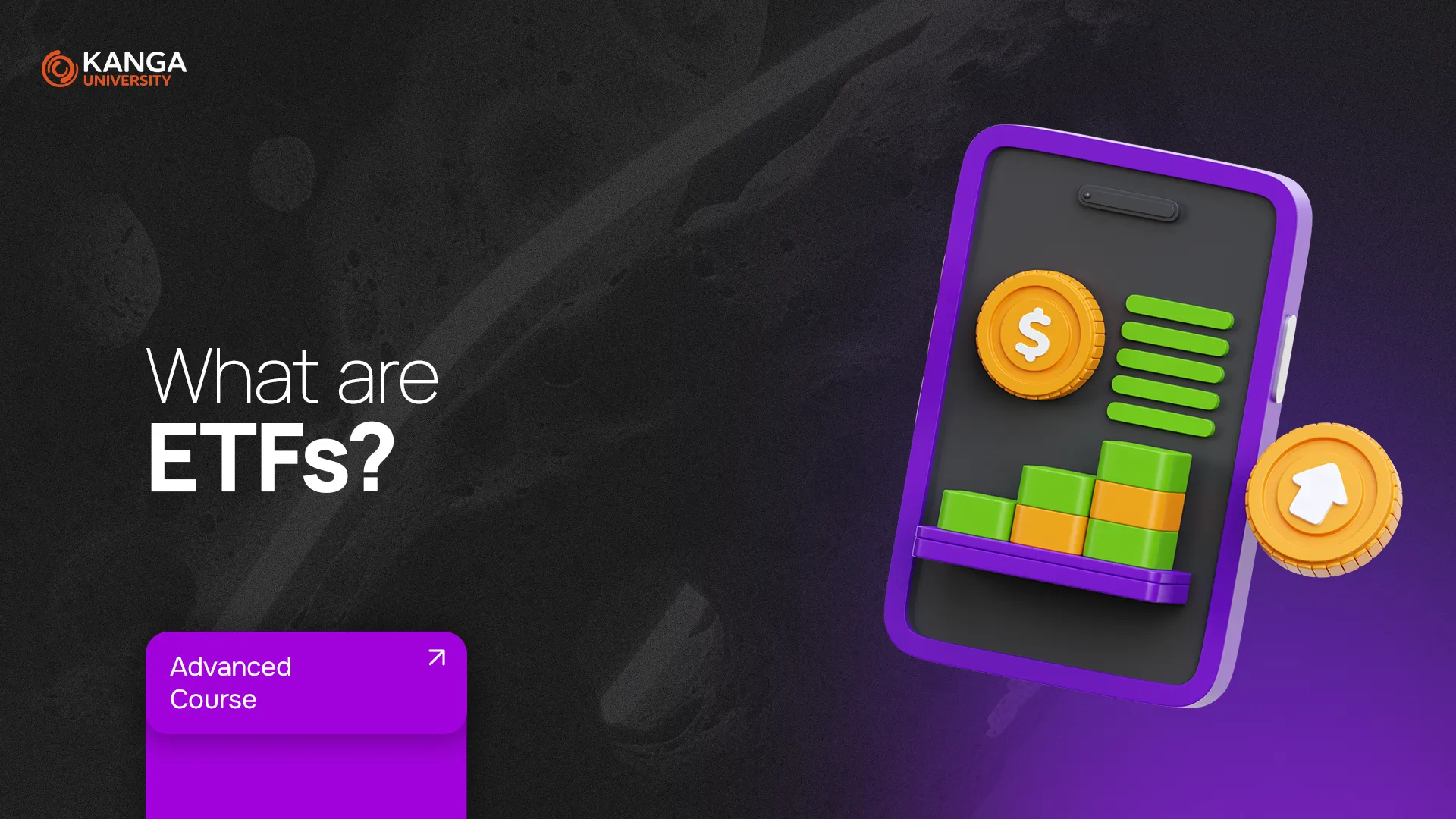
When you hear “ETF” (Exchange Traded Fund), your mind probably jumps to traditional stock market indices like the S&P 500 or the Nasdaq. But ETFs have made their way into the world of cryptocurrency—and they’re quickly becoming one of the most talked-about ways to get exposure to Bitcoin and other digital assets without actually owning them.
So what exactly are crypto ETFs? How do they work? And what should you know before investing? Let’s break it down.
Traditional ETF vs Crypto ETF: What’s the Difference?
At their core, both traditional and crypto ETFs function similarly: they allow investors to track the price of one or more assets—whether that’s oil, gold, tech stocks, or Bitcoin—without having to own those assets directly.
A crypto ETF follows the price of a digital currency (or multiple cryptocurrencies) and trades on traditional stock exchanges. This means you can invest in Bitcoin, Ethereum, or other crypto assets without opening a crypto wallet or registering on a crypto exchange.
There are two main types of crypto ETFs:
-
Physically-backed ETFs: The fund actually buys and holds cryptocurrencies. Investors buy shares that represent this holding.
-
Synthetic ETFs: These are based on crypto derivatives, such as futures contracts. You don’t actually own any crypto—the fund just mimics the price movements.
How Do Crypto ETFs Work?
Crypto ETFs track the market price of their underlying assets—just like any other ETF. If the price of Bitcoin futures rises, the value of a Bitcoin ETF (like BITO) usually rises too. If it drops, so does the ETF.
However, it’s important to know that this isn’t a one-to-one price reflection. ETF prices are often based on futures contracts or other financial instruments, so they might not perfectly match real-time crypto prices. That’s why there can be pricing gaps between the ETF and the underlying crypto.
A Brief History of Crypto ETFs
The journey to a Bitcoin ETF wasn’t easy.
In 2014, the Winklevoss twins (yes, those Winklevoss twins) proposed the first Bitcoin ETF. The U.S. SEC rejected it, citing concerns about price manipulation, lack of transparency, and limited market liquidity.
Fast forward to October 2021, and the SEC finally approved the first U.S.-listed Bitcoin futures ETF—ProShares Bitcoin Strategy ETF (BITO). This marked a major milestone for mainstream crypto investing.
Pros and Cons of Crypto ETFs
| Pros | Cons |
|---|---|
| Easy to buy via traditional brokerage accounts | Limited ETF options available |
| No need for a crypto wallet or managing private keys | Some ETFs rely on futures, not actual crypto holdings |
| Lower fees than many mutual funds | Physically-backed ETFs can still be vulnerable to hacks |
| Transparent and regulated investment vehicle | Not all crypto ETFs perfectly track real-time prices |
| Simplified tax and reporting processes | Futures-based ETFs may carry extra risk due to leverage |
Popular Alternatives to Crypto ETFs
If you’re not ready to jump into crypto ETFs just yet, there are other ways to gain exposure to digital assets:
-
Grayscale Bitcoin Trust (GBTC): Acts like an ETF but trades on OTC markets. It holds real Bitcoin for investors.
-
Bitwise Funds: Offers exposure to Ethereum and DeFi tokens like Uniswap.
-
Public companies holding crypto: Firms like MicroStrategy, Tesla, and Coinbase hold significant amounts of crypto. Investing in their stock can offer indirect exposure.
-
Metaverse ETFs: Like CSOP Metaverse Concept ETF, launched in Hong Kong in 2022.
-
Thematic ETFs: Grayscale’s Future of Finance ETF tracks the digital economy and fintech innovation.
Crypto ETFs Around the World
Crypto ETFs are gaining traction globally:
-
India: In early 2022, Torus King Blockchain launched Bitcoin and Ethereum futures ETFs via India INX.
-
Europe & Canada: Physically-backed ETFs have been available for several years, offering direct crypto exposure.
-
Hong Kong: CSOP’s Metaverse ETF adds a gaming and virtual reality angle to the ETF landscape.
Final Thoughts
Crypto ETFs give you a way to invest in the future of finance without dealing with wallets, keys, or exchanges. They’re ideal for anyone who wants exposure to digital assets through a more familiar and regulated channel.
But don’t forget: ETFs, like all investments, come with risks. Always do your research, understand what you’re buying, and only invest what you can afford to lose.
Commence your adventure with cryptocurrencies on Kanga Exchange